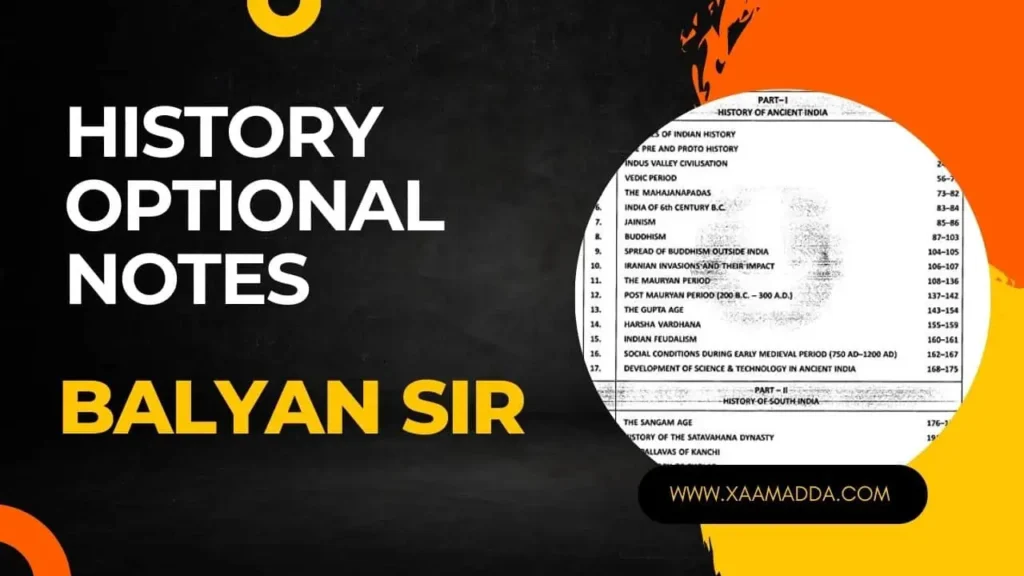Baliyan Sir History Optional Notes PDF are comprehensive study notes prepared by Baliyan Sir, a renowned history teacher known for his in-depth knowledge and engaging teaching methodology. These notes cover the entire spectrum of history topics relevant to the UPSC Civil Services Examination, including Ancient History, Medieval History, Modern History, and World History.
Baliyan Sir’s notes are highly regarded among UPSC aspirants for their clarity, conciseness, and focus on key concepts.
They are meticulously crafted to align with the latest UPSC syllabus and exam pattern, providing aspirants with a structured approach to their preparation.
Why History Is The Best Optional Subject?
History optional is one of the popular choices among UPSC aspirants.
It has many advantages as well as some challenges.
Here are some reasons why history optional is best to select and how Baliyan Sir Notes PDF will help:
- History optional has a huge overlap with general studies papers, especially GS paper-I and the prelims exam. By studying history optional, you can cover a large portion of the UPSC syllabus and save time and effort. Baliyan sir notes pdf cover the complete syllabus of history optional, from ancient to modern history, with the latest historical researches and new approaches. The balyan sir notes also help you to revise the important topics and facts for the prelims exam.
- History optional is an interesting subject that helps you to understand the past and the present better. It also develops your analytical and critical thinking skills, which are essential for the civil services exam. Baliyan sir notes are comprehensive, concise, and easy to understand, even for beginners who have no academic background in history.
- History optional is not a technical or conceptual subject like mathematics or philosophy. It does not require you to memorize many formulas, theories, or scholars. It is more like a story that you can relate to and enjoy. Baliyan Sir History Optional Notes PDF are designed to make history interesting and engaging for the students. They use simple language, examples, diagrams, and maps to explain the concepts and events.
- History optional is a subject that can help you in the essay paper and the personality test as well. You can use your knowledge of history to write impressive essays on various topics and themes. Baliyan sir history notes help you to write effective and high-scoring answers in the history optional paper.
How To Use Baliyan Sir History Optional Notes PDF Effectively?
To use Baliyan sir history optional notes, you can follow these steps:
- Choose the mode of study that suits you best: online or offline, printed or handwritten.
- Visit xaamadda that offer Baliyan Sir History Optional Notes PDF and register yourself as a student.
- Download or order the notes according to the topics and sub-topics of the history optional syllabus.
- Read the balyan sir history notes carefully and make notes of your own to revise and remember the important points.
- Practice writing answers to the previous year questions and the model questions that are given in the notes.
- Take the test series that are conducted by Baliyan sir and get feedback on your performance and improvement areas.
- Revise the notes regularly and keep yourself updated with the current developments and trends in the field of history.
Key Features Of Baliyan Sir History Optional Notes PDF
Here are some of the key features of Baliyan Sir History Optional Notes PDF:
- Comprehensive Coverage: The Baliyan Sir History Optional Notes PDF cover all the essential topics and concepts across various historical periods.
- Concise and Easy-to-Understand: The Notes are presented in a clear and concise manner, making them easy for aspirants to grasp and retain information.
- Focus on Key Concepts: The Balyan Sir History Optional Notes PDF emphasize key concepts and themes, helping aspirants understand the underlying patterns and connections within historical events.
- Up-to-Date Content: The notes are regularly updated to reflect the latest trends and developments in historical research and the UPSC syllabus.
- Structured Approach: History optional notes provide a structured approach to history preparation, guiding aspirants through the vast syllabus in an organized manner.
- The notes are designed to help the students score 330-350 marks out of 500 in the history optional paper of UPSC mains exam.
Baliyan Sir History Optional Notes PDF are a valuable resource for serious UPSC aspirants seeking to excel in the History Optional Paper.
The history optional notes can help aspirants develop a strong understanding of historical concepts, improve their analytical skills, and enhance their ability to articulate historical themes effectively.
However, it is important to note that the history optional notes should be used as a supplement to other study materials, such as textbooks and reference books, to gain a deeper understanding of the subject.
Additionally, regular practice with past year question papers and mock tests is essential to refine answer-writing skills and improve performance in the exam.
Subjects Included In Balyan Sir History Optional Notes PDF
The balyan sir history optional notes pdf includes complete syllabus of history optional.
Here is a list of the subject included in the baliyan history optional notes.
Paper I: Ancient History
Section A: Sources
- Archaeological sources:
- Excavation: The careful and controlled uncovering of archaeological remains.
- Epigraphy: The study of inscriptions, which can provide valuable information about the past.
- Numismatics: The study of coins, which can provide information about trade, economy, and political organization.
- Monuments: Buildings and other structures that have been preserved from the past, which can provide information about art, architecture, and society.
Literary sources:
- Indigenous: Written materials produced by the people of the region being studied.
- Foreign: Written materials produced by people from outside the region being studied.
- Sacred: Religious texts, such as the Vedas and the Upanishads.
- Secular: Non-religious texts, such as the Arthashastra and the Kama Sutra.
- Archaeological sources and literary sources:
- Correlation: The process of comparing and contrasting information from archaeological and literary sources to get a more complete picture of the past.
- Interpretation: The process of making sense of the information from archaeological and literary sources to draw conclusions about the past.
Section B: Periods
- Indus Valley Civilization:
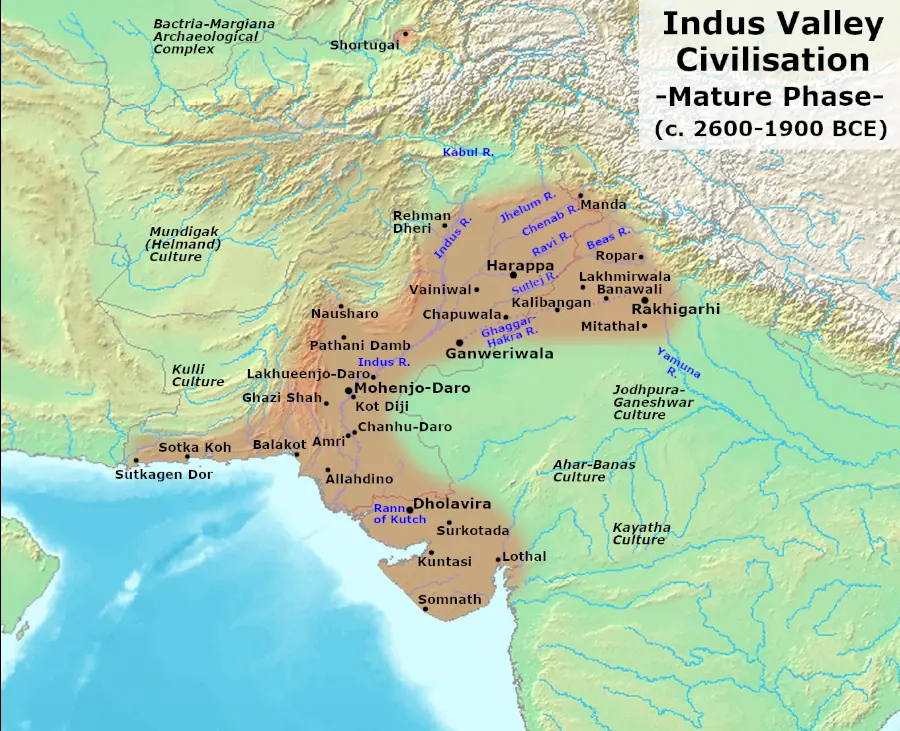
Vedic period:
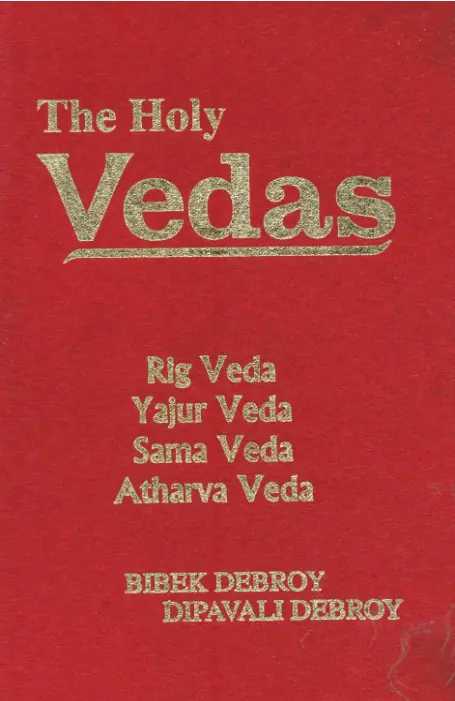
- Marked by the development of the caste system and the concept of karma.
- Mauryan and Gupta Empires:
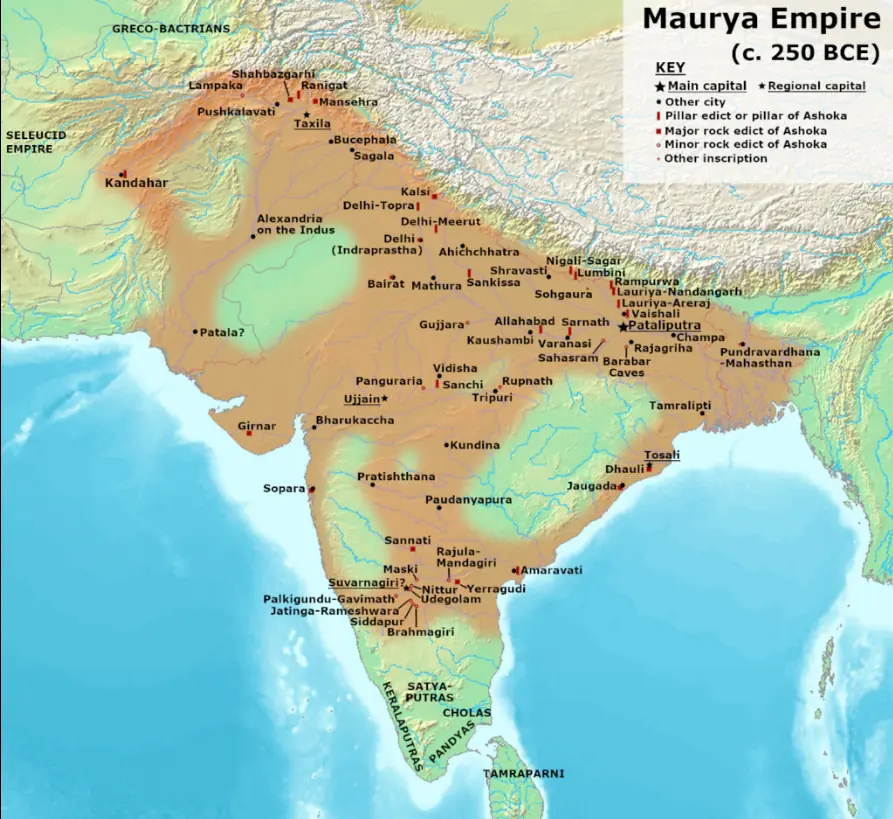
Gupta Empire: A period of peace and prosperity, known for its achievements in art, literature, and science.
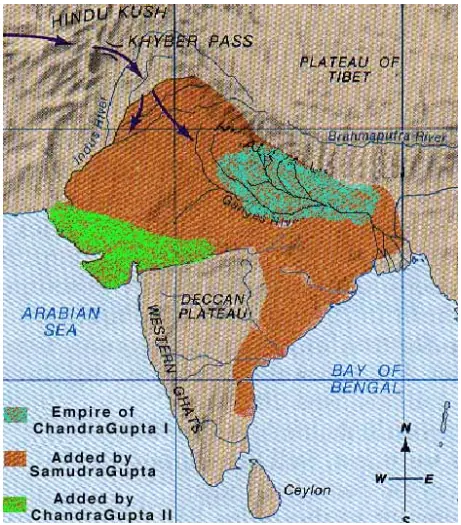
- Post-Gupta period up to 750 AD:
- A period of political fragmentation and cultural diversity.
- Emergence of regional kingdoms and the development of new religious movements.
Paper II: Medieval, Modern and World History
Section A: Medieval History
- Early medieval period: 600-1206 AD:
- The rise of Islam and its impact on India
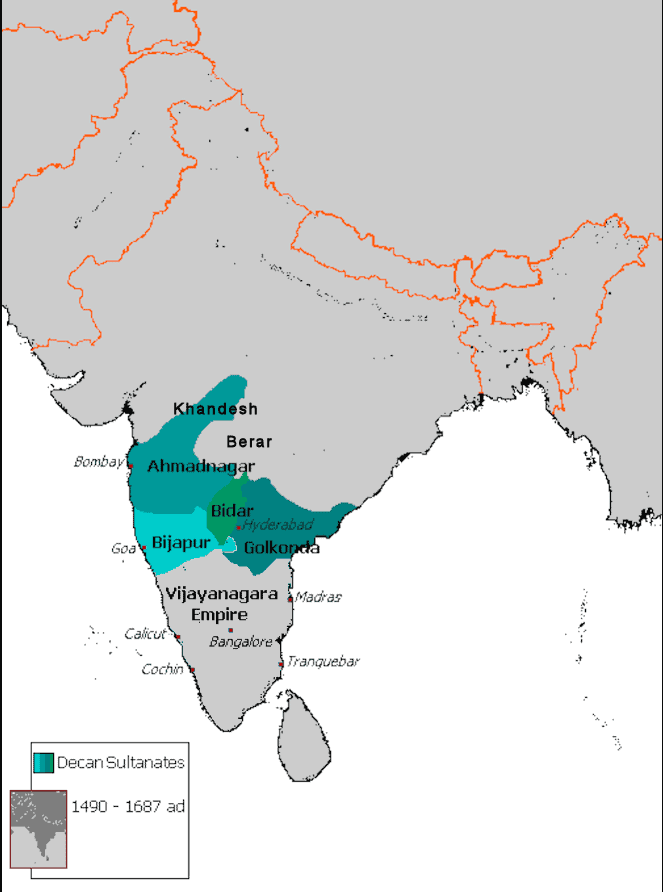
- The establishment of the Delhi Sultanate
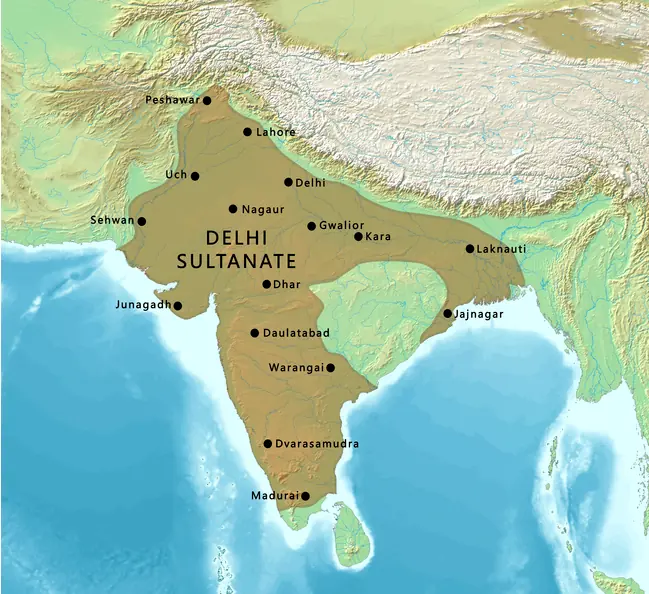
- Later medieval period: 1206-1756 AD
- Society, culture, religion, economy and polity of the above periods
- Effects of Islam on the socio-cultural life of India
Modern History: Section B
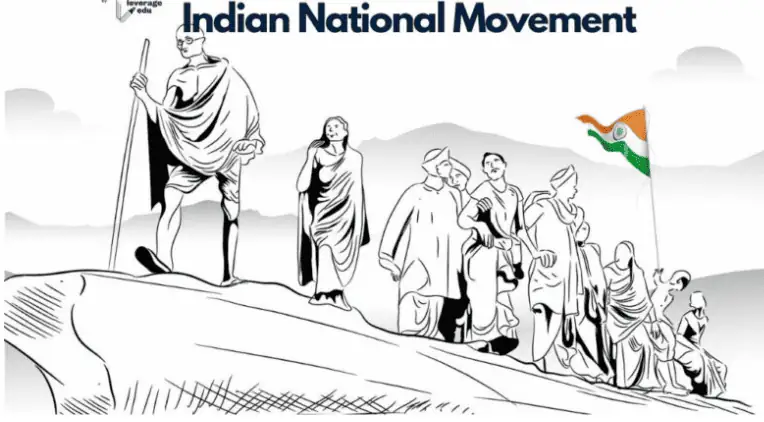
- Modern India: 1757-1947 AD
- Political, economic, social and cultural developments
- The rise of nationalism and the Indian national movement
- Contribution of Indian thinkers, leaders and movements to the evolution of modern India
Section C: World History
- World history from the 18th century:
- The major political, social, economic, and cultural developments in the world from the 18th century onwards.
- The impact of the Industrial Revolution, the French Revolution, and the American Revolution on the world.
- The rise of imperialism and the emergence of new world powers.
- The two World Wars and their impact on the world.
- The formation of the United Nations and the development of international relations.
- The process of decolonization and the emergence of new nations.
- The rise of globalization and its impact on the world.
The Bottom Line
History optional is a subject that can help you to prepare for the UPSC civil services examination in many ways.
It has a huge overlap with general studies papers, it is an interesting and engaging subject, it is not a technical or conceptual subject, and it can help you in the essay paper and the personality test as well.
Baliyan sir history optional notes pdf are one of the best study materials for the history optional subject.
They cover the complete syllabus of history optional, from ancient to modern history, with the latest historical researches and new approaches.
The Baliyan Sir History Optional Notes PDF are comprehensive, concise, and easy to understand.
The history optional notes also provide teacher support, answer writing practice, and test series for the students to evaluate their performance and improve their scores.
If you are interested in Baliyan sir history optional notes pdf, you can visit XaamAdda that offer them and register yourself as a student.
Baliyan sir history optional notes pdf will help you to score high marks in the history optional paper of UPSC mains exam.
